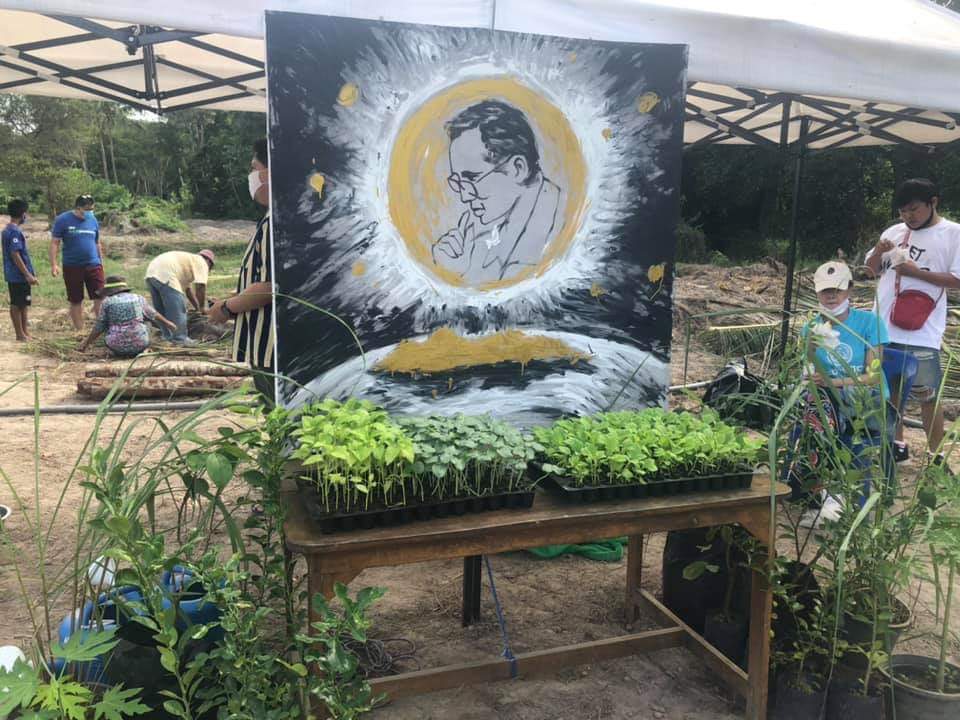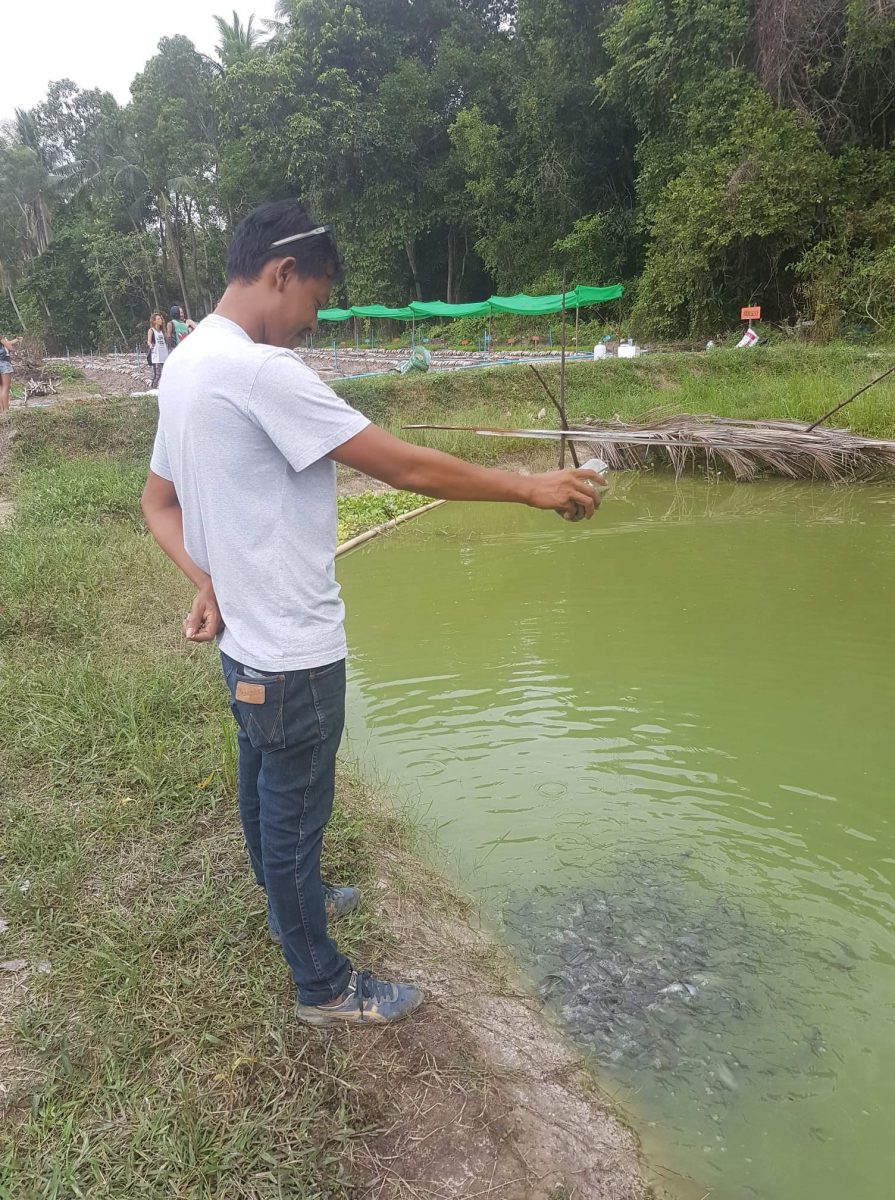
Thai Sufficiency Economy
Sufficiency economy is the name of a Thai development approach attributed to the late King Bhumibol Adulyadej’s “sufficiency economy philosophy” (SEP). It has been elaborated upon by Thai academics and agencies, promoted by the Government of Thailand, and applied by over 20,000 villages and groups within Thailand that have SEP-based projects in operation and often supports, at least in part, many Thai community based initiatives, including, for example, The Phangan Community Garden Project.
Three interrelated components and two underlying conditions are central to SEP’s application. The three components are reasonableness (or wisdom), moderation, and prudence. Two essential underlying conditions are knowledge and morality. In contrast to the concept that the primary duty of a company is to maximize profits for the benefit of shareholders, SEP emphasizes maximizing the interests of all stakeholders and having a greater focus on long-term profitability as opposed to short-term success.

The Chaipattana Foundation says sufficiency economy is “…a method of development based on moderation, prudence, and social immunity, one that uses knowledge and virtue as guidelines in living.”
A chapter entitled “Buddhist Economics” in E.F. Schumacher’s book, Small Is Beautiful provides much of the intellectual underpinning of King Bhumibol’s sufficiency economy theories. The king was moved to translate it—it is not clear if he translated only the chapter or the book in its entirety—into the Thai language. Schumacher was a Christian whose thinking was influenced by what he observed in Burma and India.
Sufficiency economy is not a theory about how the economy of a country works, but rather a guide for making decisions that will produce outcomes that are beneficial to development and is in many respects consistent with and parallels EcoThailands Environmental and Community philanthropy vision

According to Thailand’s National Economic and Social Development Board:
“Sufficiency Economy is a philosophy that stresses the middle path as an overriding principle for appropriate conduct by the populace at all levels. This applies to conduct starting from the level of families to communities and to the nation in terms of development and administration, so as to modernize in line with the forces of globalization. ‘Sufficiency’ means moderation, reasonableness, and the need for self-immunity to protect from impacts arising from internal and external change. To achieve sufficiency, an application of knowledge with due consideration and prudence is essential. In particular, great care is needed in the utilization of theories and methodologies for planning and implementation in every step. At the same time, it is essential to strengthen the moral fiber of the nation, so that everyone, particularly public officials, academics, and business people at all levels, adhere first and foremost to the principles of honesty and integrity. In addition, a way of life based on patience, perseverance, diligence, wisdom and prudence is indispensable in creating balance and in coping appropriately with critical challenges arising from extensive and rapid socioeconomic, environmental, and cultural changes in the world.”
(Wiki)
